Best BCBA Career Path To Take: Ultimate Guide
Here’s the best behavior analyst (BCBA) career path to take in the field of ABA.
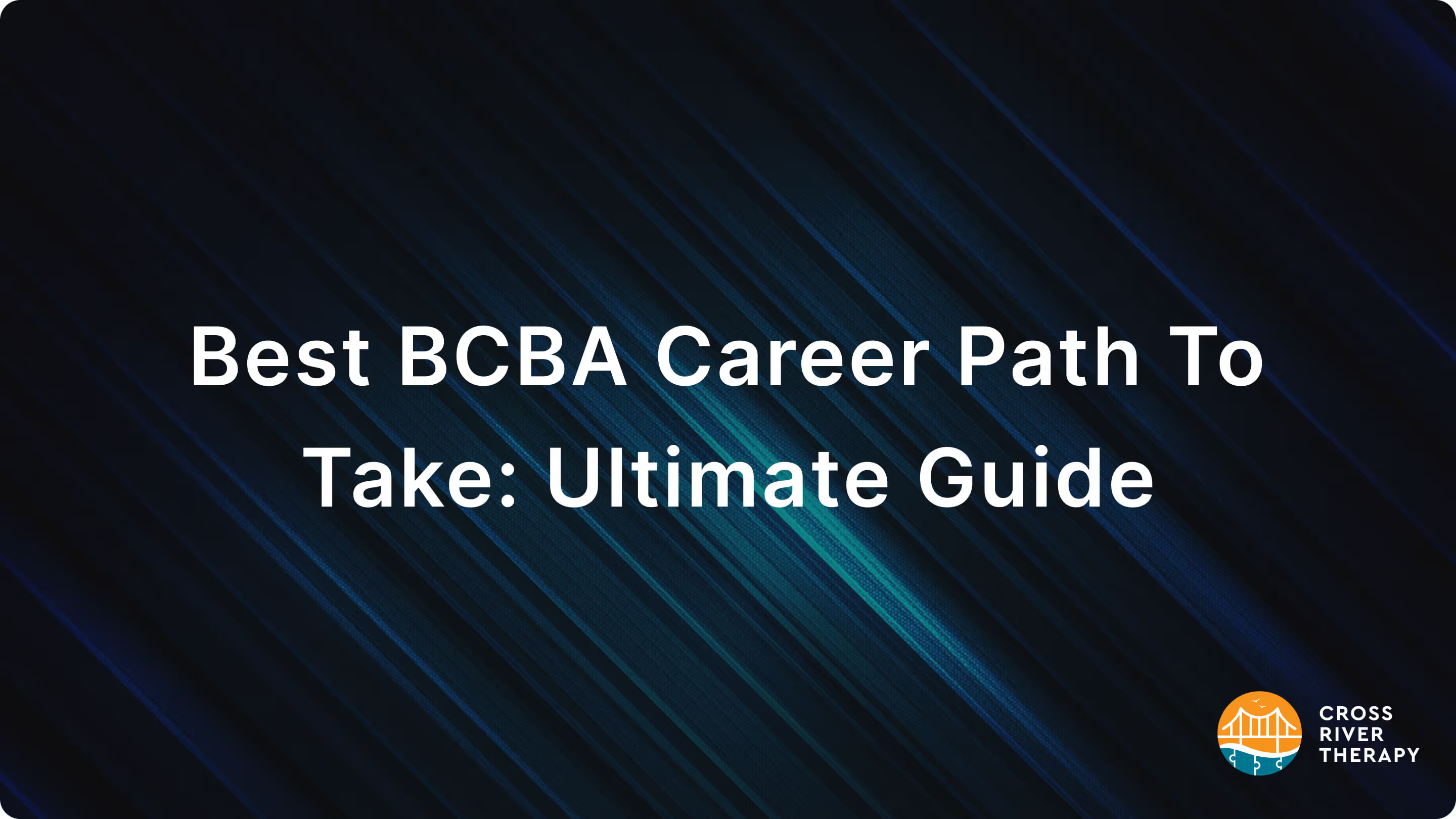
What Is the Best BCBA Career Path?
The best BCBA career path is a position within the field of Applied Behavior Analysis.

Most people who earn their BCBA degree are employed in a field that's related to working with autistic clients.
Based on information shared with the Behavior Analyst Certification Board, more than 70% of people with BCBAs provide support services to patients with autism.
It's very common for such workers to help those with behavioral disabilities of some sort.
Behavior analysts lead assessments, pinpoint specific behaviors in clients, build related support plans, and work closely with parents and school members for the betterment of their client's abilities.
People with autism and related behavioral disorders sometimes have occupational therapy or top of ABA to change behaviors that are deemed problematic. They help clients improve their ability to live independent lives and monitor issues with their mobility.
Since both of these are so closely related, therapists must learn ABA, especially their proficiency in understanding how behavior functions.
They must study clients outside of their place of work, such as at home or school. Doing so helps them to understand the outer factors that lead to certain habits and reactions.
Is BCBA a Good Career?
A BCBA career is good, particularly when job growth is evaluated.
Based on the BCBA's findings, growth in employment for people with BCBA certification skyrocketed within the last decade.
The rise within the last two years was nearly 20%, with no anticipation of any future reductions. The demand for BCBAs is very high.
Another notable trend is analysts putting their ambitions to create their therapy centers into praxis. Starting up their practice independently is very possible, so long as they have the qualifications and licenses to do so.
Can You Make a Lot of Money as a BCBA?
BCBAs can earn a large salary, with the highest earners taking in six figures annually.
Currently, the average yearly salary for a BCBA is about $75,000. However, BCBAs can potentially make much more than the average, which is predicated on where they practice.
For instance, the director of a clinical center with a BCBA certification can make just under $100,000. When someone in the profession practices independently, incomes significantly increase.
Is Becoming a BCBA Easy?
Becoming a BCBA isn't easy. Many requirements must be fulfilled which is challenging but very rewarding.
The first requirement begins at the undergraduate level. Interested students must find a field that relates to the studies required to earn a BCBA, namely psychology. A Master's degree must be earned, or a Bachelor's with coursework that corresponds to the former. This is 225 hours in total.
For a BCBA to be earned, there are three areas where experience can be gained. The first is through practicum, which requires that students maintain at least a C average in all the mandated courses. As a minimum, 1,000 hours of working experience with a supervisor and multiple references are needed to proceed further.
With intensive practice, an equivalent graduate program is also necessary. At the minimum, 750 hours of work must be done, and one month of supervision. Students are to have eight contact references at the least.
For supervised independent fieldwork, at least 1,500 hours of fieldwork must be done. This is due to the form being for practitioners that aren't striving for the completion of their graduate studies. At least two references from supervised BCBAs are needed, which must be searched for at the applicant's discretion.
A teaching position in behavioral analysis is an alternative route to later getting a BCBA. Students are required to have themselves supervised, with the number of hours under supervision tallied. Once that's finalized, the BCBA exam must be passed. The exam itself must be paid for and has a limited number of times when it can be taken within a bi-annual timeframe.
What Do You Do After Becoming a BCBA?
Once a BCBA is earned, applicants can begin searching for positions related to the field of work.
The purpose of going through so much training and education for the BCBA license is to ensure that applicants meet the standards needed for BCBA positions.
The board also gives applicants listings for places of work. Prospecting behavior analysts are encouraged to look for clinics seeking out BCBAs that are accredited by the board.
This is particularly important when local clinics are applied to. There are clinics capable of providing services needed for relocation as a package. This is done by applicants that live in an area that isn't within acceptable driving distance.
Certified BCBAs are required to update their license every two years. Education after the initial certification doesn't stop there. It's needed to ensure standards laid out by the Ethical Compliance Code remain strictly followed. BCBAs can easily stay on top of requirements, however.
Recent News
Related articles

What Is An ABA Therapist? ABA Job Description
An ABA therapist is a therapy professional who works one-on-one with children on the autism spectrum.
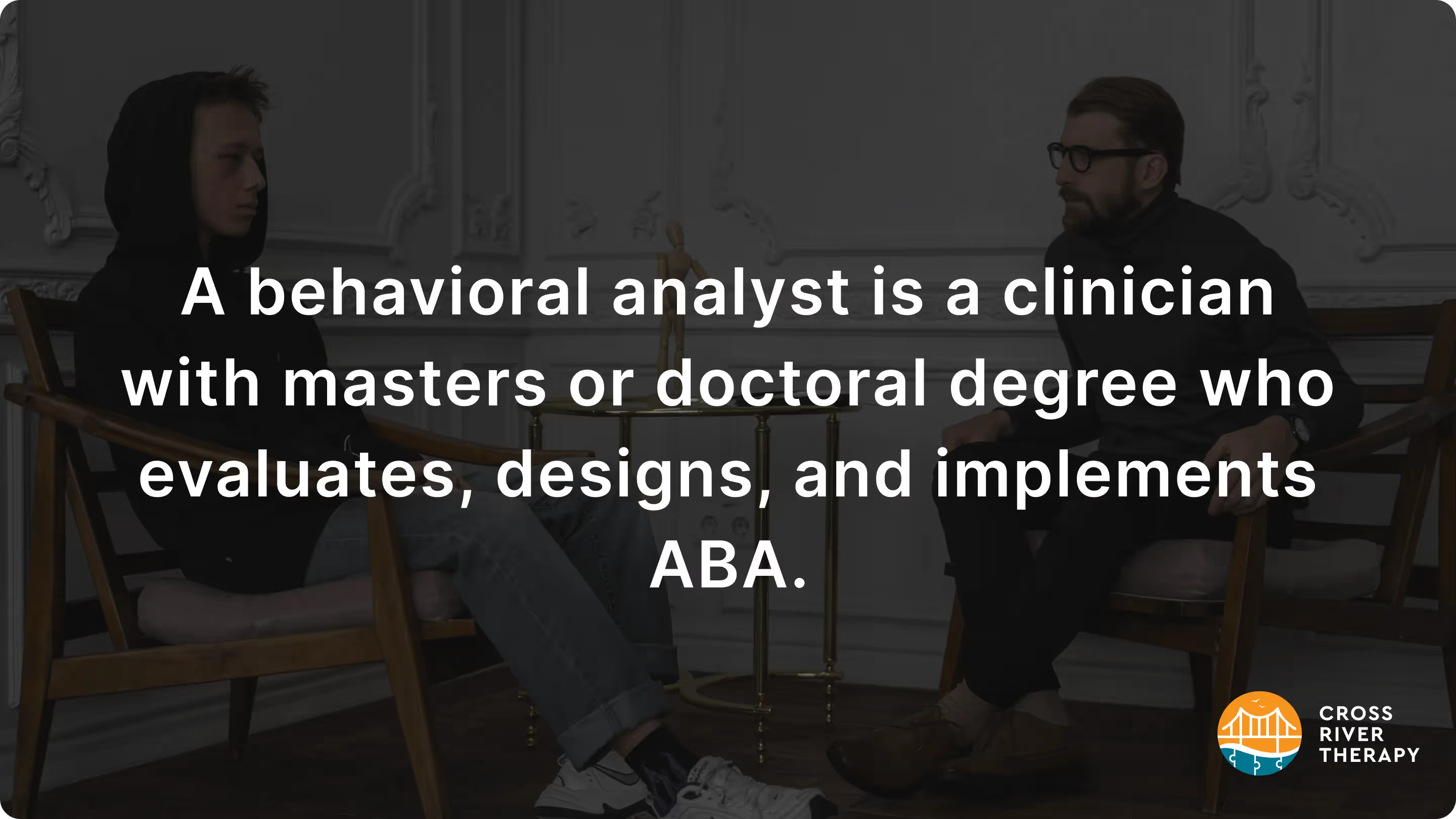
What Is An Applied Behavior Analyst + What Do They Do
A behavioral analyst is a clinician with masters or doctoral degree who evaluates, designs, and implements ABA.
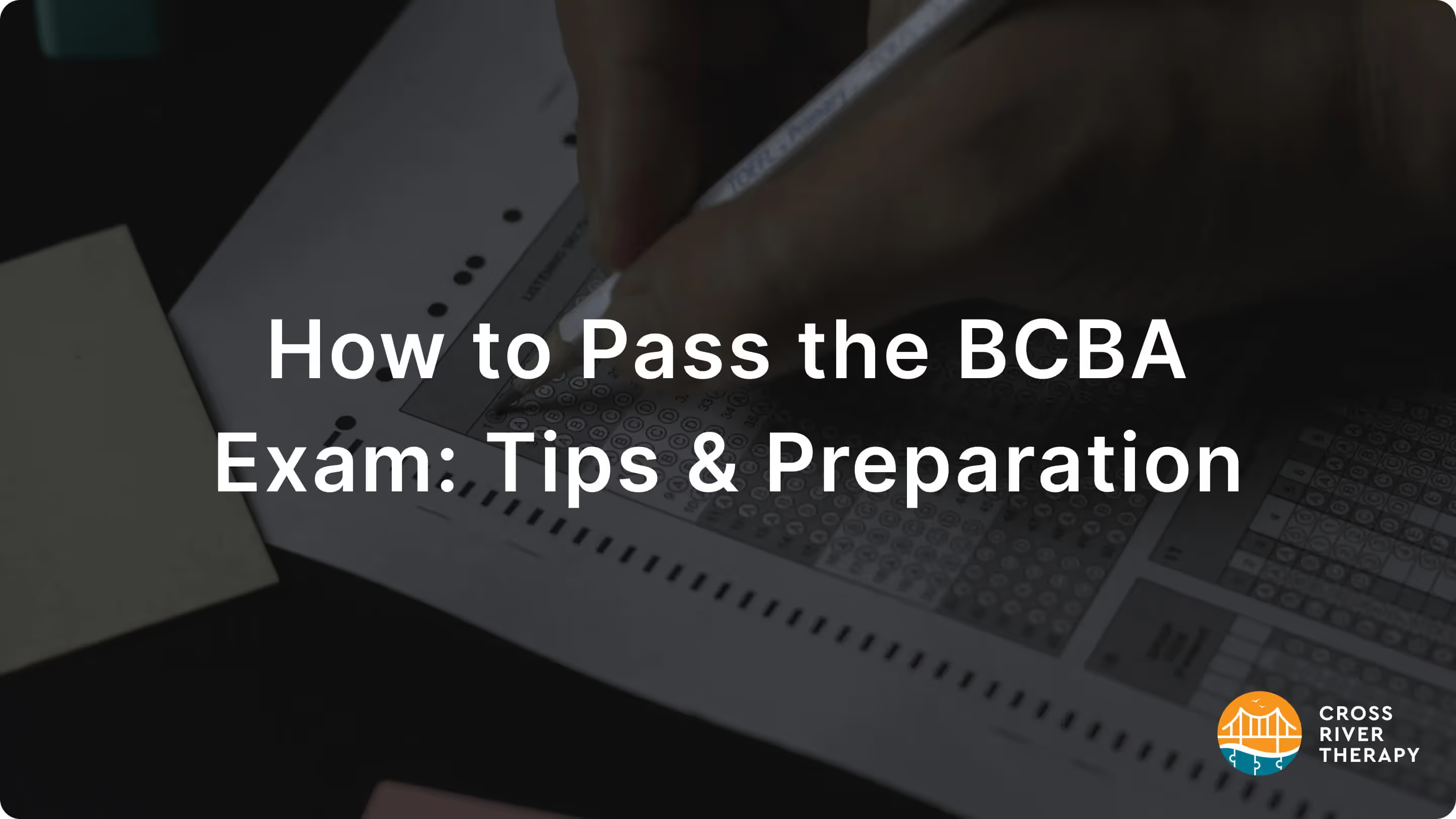
How to Pass the BCBA Exam: Tips & Preparation
A large amount of time and energy is needed in order to pass the BCBA exam. Learn how to pass it in this guide.
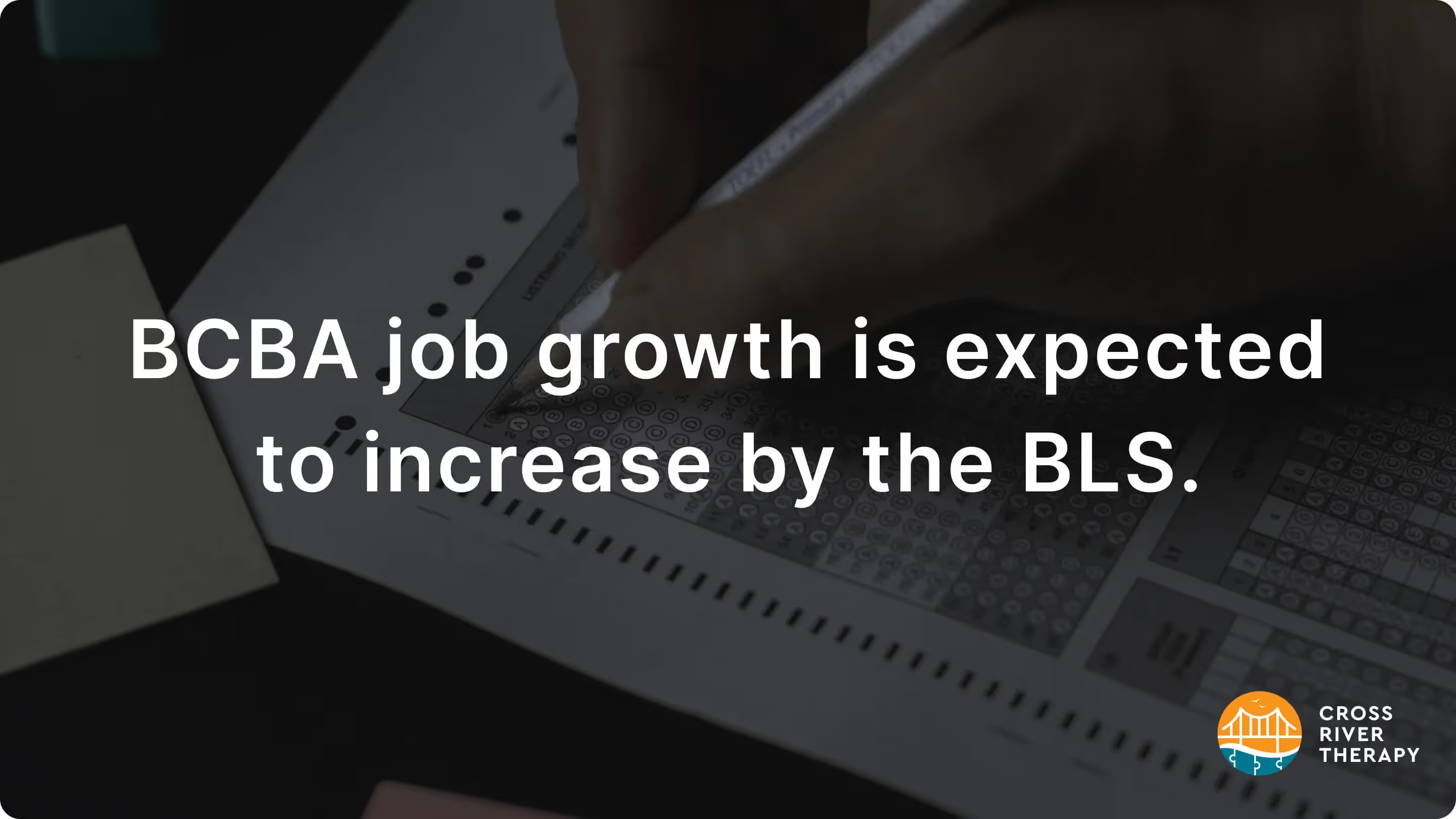
The Rate of Job Growth for BCBAs (In 2023)
BCBA job growth is expected to increase by over 20% in the next eight years.
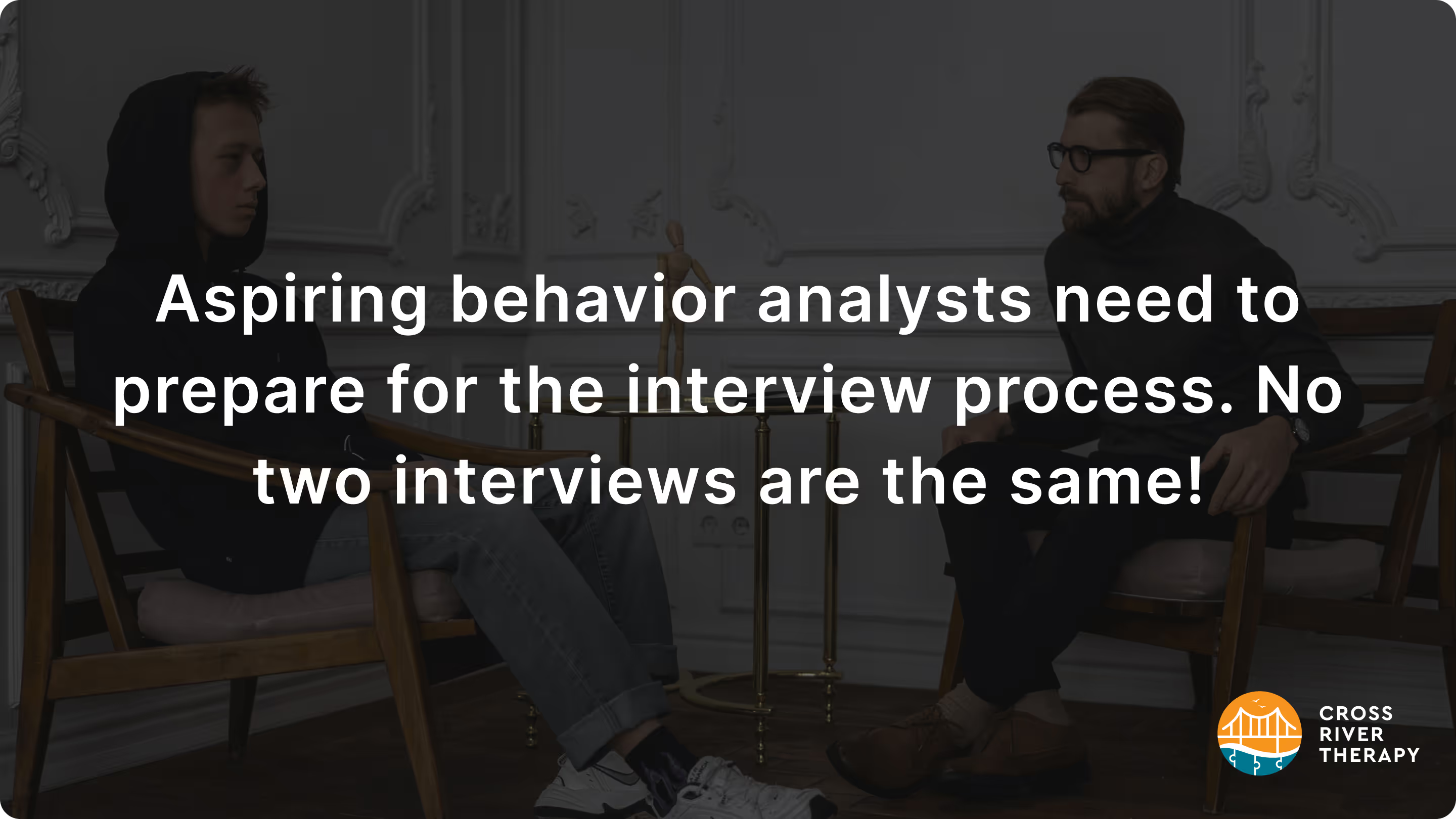
14 Behavior Analyst Interview Questions & Answers
Aspiring behavior analysts need to prepare for the interview process. No two interviews are the same!
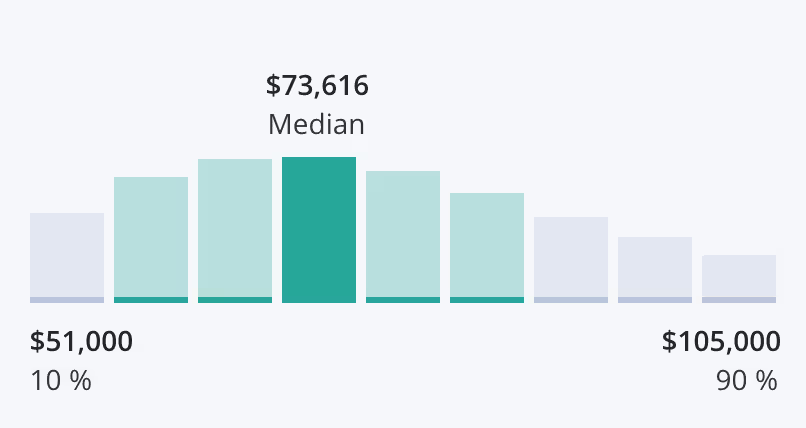
Average BCBA Salaries in 2023 (Best States & Cities)
The average BCBA salary in the US is $75,784/year or $35.39/hour. The average entry level salary is $51,000/year.

Average BCaBA Salary By State
The average BCaBA salary in the United States is $65,978 per year, according to ZipRecruiter.
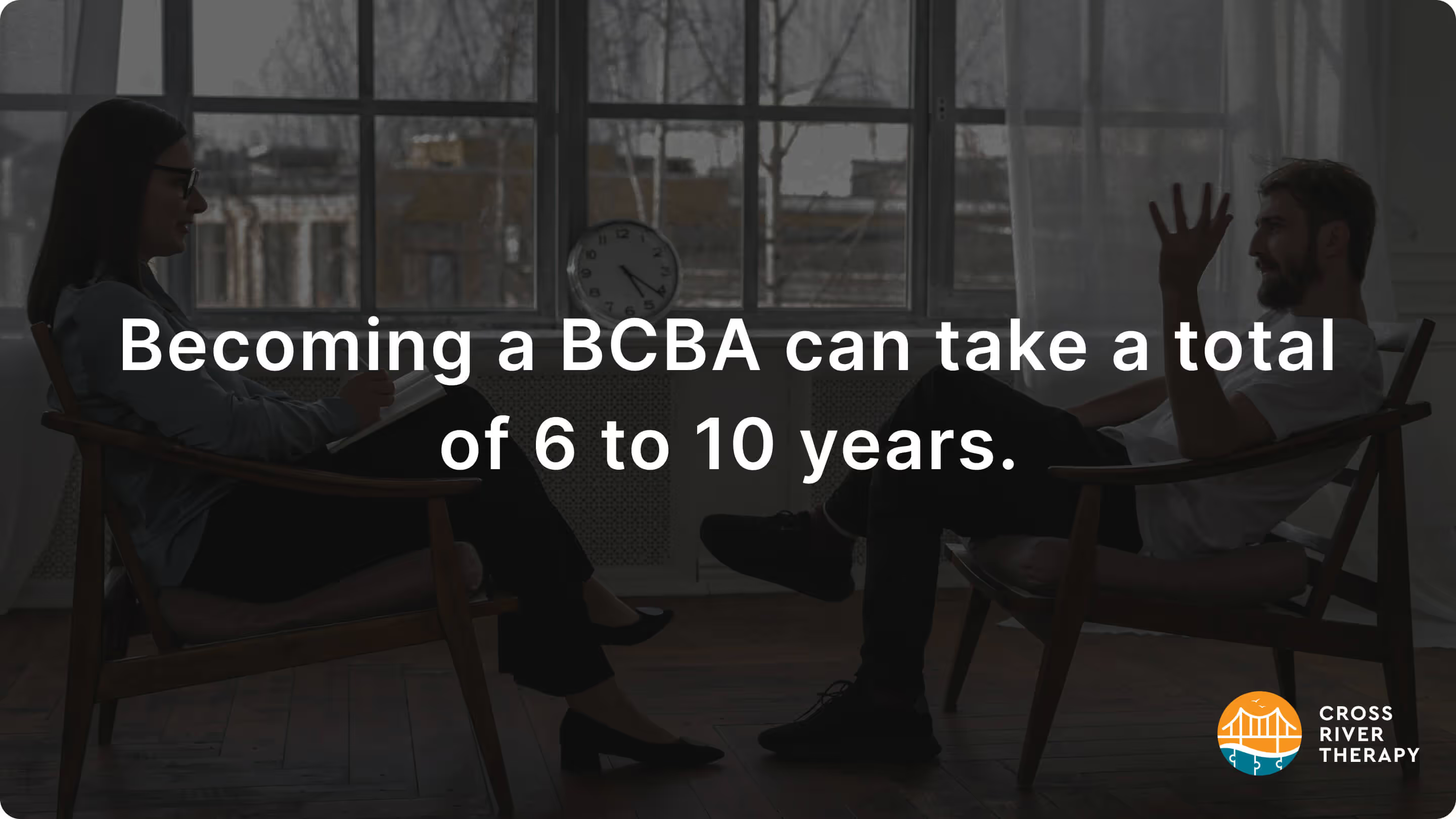
How To Become A Board Certified Behavior Analyst (BCBA)
Becoming a BCBA can take a total of 6 to 10 years. How long it takes depends on several factors.

11 Best BCBA Programs & Schools (In-Person & Online)
Here are the best BCBA programs that prepare students to become board-certified behavior analysts.
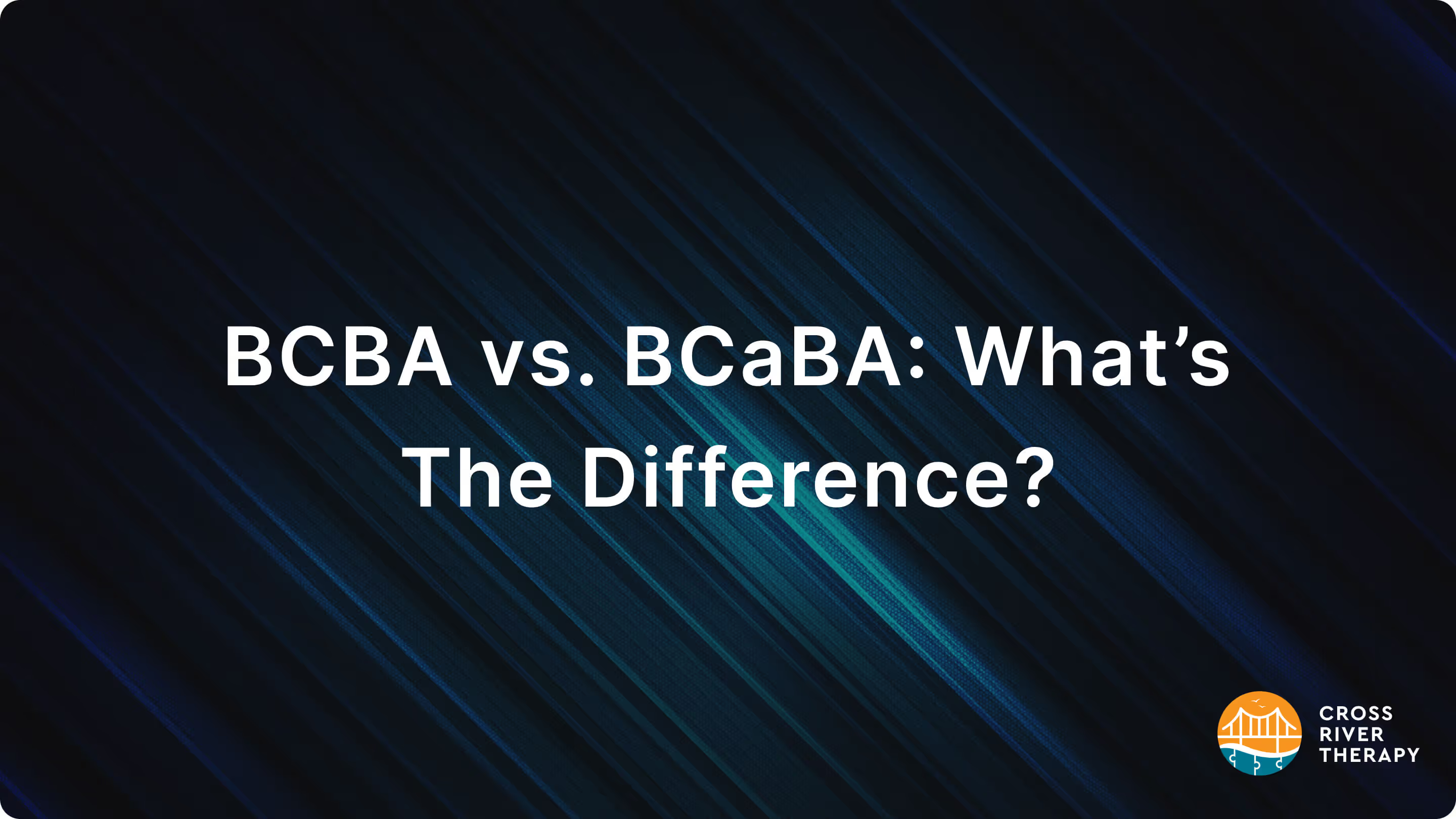
BCBA vs. BCaBA: What’s The Difference?
Find out the main differences between a BCBA and a BCaBA in this guide.

Best BCBA Career Path To Take: Ultimate Guide
Here’s the best behavior analyst (BCBA) career path to take in the field of ABA.

